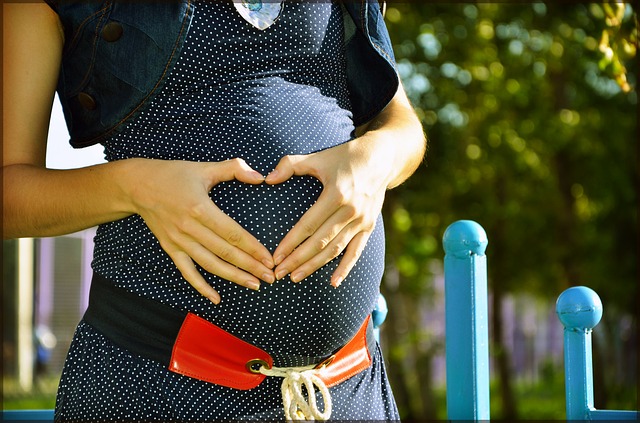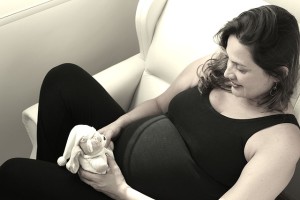- Calls to this hotline are currently being directed to Within Health or Eating Disorder Solutions
- Representatives are standing by 24/7 to help answer your questions
- All calls are confidential and HIPAA compliant
- There is no obligation or cost to call
- Eating Disorder Hope does not receive any commissions or fees dependent upon which provider you select
- Additional treatment providers are located on our directory or samhsa.gov
Approaching a Loved One Who Is Struggling with Pregorexia

Contributor: Crystal Karges, MS, RDN, IBCLC, Special Projects Coordinator at Eating Disorder Hope/Addiction Hope
Pregnancy is often a period of time that can bring out many emotions for a new mother and family members. It is not uncommon for a woman to feel excitement and joy for the new life that is developing within her, while also feeling nervous, apprehensive, and scared about the prospect of becoming a parent.
For countless women who, the changes their bodies undergo in pregnancy can also be overwhelming. This may be especially true for a woman who has previously struggled with an eating disorder, is susceptible to developing an eating disorder, or who may be dealing with poor self-esteem.
Eating Disorders and Pregnancy
Weight gain and body changes are a normal part of pregnancy, however a woman struggling with an eating disorder may be less able to adapt to these changes. This may lead to a relapse in eating disorder behaviors, which can put both the mother and developing baby at risk for adverse health consequences.
“Pregorexia” is a term coined to describe the presence of an eating disorder in a woman specifically during pregnancy. For any family member or friend who has observed eating disorder patterns and behaviors in their loved one, this can be especially concerning.
The Best Approach
With pregnancy being a particularly sensitive and vulnerable time, what might be the best way to approach a loved one who is possibly dealing with Pregorexia? Open, honest, and gentle communication is also essential in sharing a message of concern, and this is an important approach to take when talking with a loved one about your concerns.

Openly sharing your concerns from your point of view can make things easier to receive, such as stating, “I feel worried when I see you skipping meals”, or “I feel concerned about the amount you are exercising lately”.
Asking open ended questions can also help encourage your loved one to share more about what they may be dealing with, such as “What about this pregnancy worry you?”, or “How can I help support you during this time?” Be prepared with resources that you can share with your loved one as well, such as a local support group or counselor that may be available for assistance. Know that your caring approach can help serve as an intervention for your loved one who may be struggling with Pregorexia.
Community Discussion – Share your thoughts here!
What aspects of pregnancy might be challenging to a woman dealing with an eating disorder?

As a Certified Intuitive Eating Counselor, Crystal has dedicated her career to helping others establish a healthy relationship with food and body through her work with EDH/AH and nutrition private practice.
The opinions and views of our guest contributors are shared to provide a broad perspective of eating disorders. These are not necessarily the views of Eating Disorder Hope, but an effort to offer discussion of various issues by different concerned individuals.
We at Eating Disorder Hope understand that eating disorders result from a combination of environmental and genetic factors. If you or a loved one are suffering from an eating disorder, please know that there is hope for you, and seek immediate professional help.
Last Updated & Reviewed By: Jacquelyn Ekern, MS, LPC on February 23, 2016
Published on EatingDisorderHope.com
